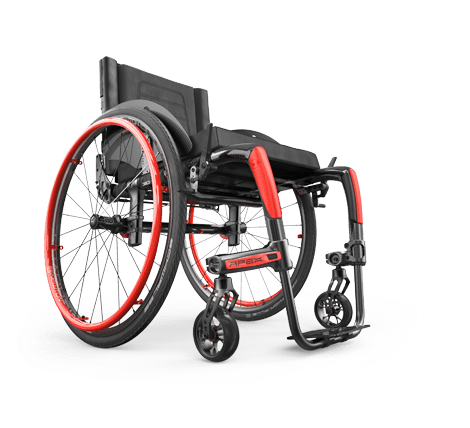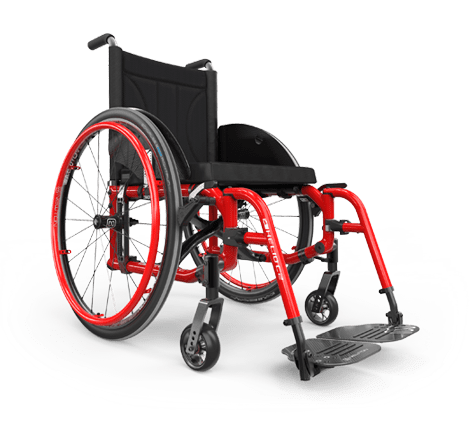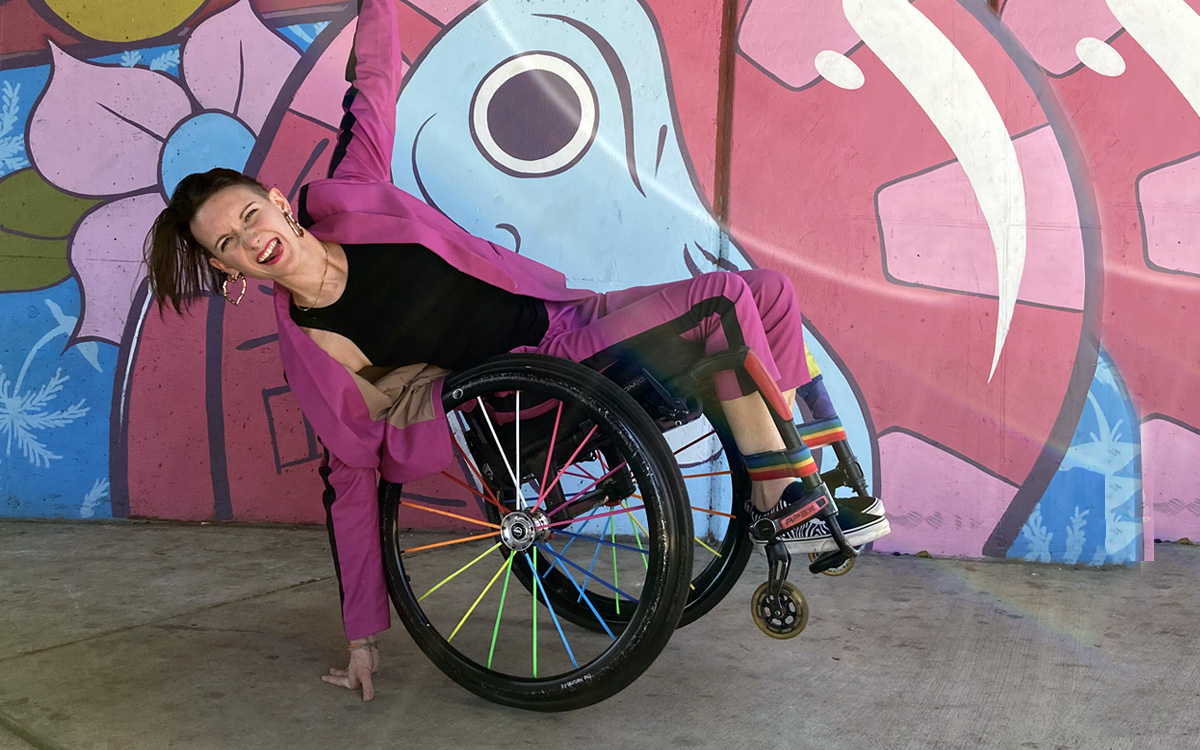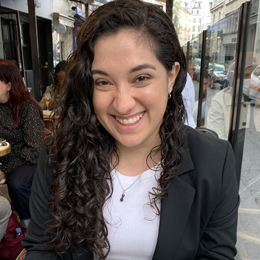Meet Ryann Mason, an Apex C user, a disability advocate, and a registered nurse. She has been working for over 15 years in the healthcare system, 8 of those as a Registered Nurse. Ryann lives with Ehlers-Danlos Syndrome (EDS). This genetic connective tissue disorder causes all the collagen in her body to be too stretchy. She also lives with Dysautonomia, a disorder of the Autonomic Nervous System (ANS) function. The ANS oversees involuntary functions—things that happen without thinking—like breathing.
“Growing up, I didn’t know I was disabled. I believed I was just a really clumsy kid, constantly tripping and falling, spraining ankles and dislocating shoulders. And, since I was also a major tomboy, I always wrestled with the boys, so no one was shocked by this.”
Ryann was not diagnosed with EDS until she was 16; at the time, she was really active, dancing and doing martial arts. Once diagnosed, the doctors told her that she needed to quit dancing and that she would need a wheelchair by the time she was 20.
Motion Composites: Can you tell me a bit more about yourself? Why did you decide to become a nurse? Tell me a bit about your nursing journey.
Ryann Mason: One day, as I was sitting in the ER with my mother, as I had a million times before because I kept dislocating different parts of my body, my mom told me: “You know, if we’re going to be in the ER so often, you might as well get paid to push the stretcher.” I immediately reminded her of my Broadway dreams and how important it was for me to become a professional dancer.
However, I like challenges, so I decided to try it. I ended up attending an open house and signing up for courses. I became an EMT (Emergency Medical Technician) when I was 16. I completely fell in love with emergency medicine!
I did try to become a professional dancer when I went to college. Still, halfway through the program, it was not happening. So, I decided to go back to the healthcare sector. I studied human sexuality, which explains why I teach so much about disabilities and sexuality on my social media content. Then I went back to nursing school, and by the time I was 21, I was a Registered Nurse.
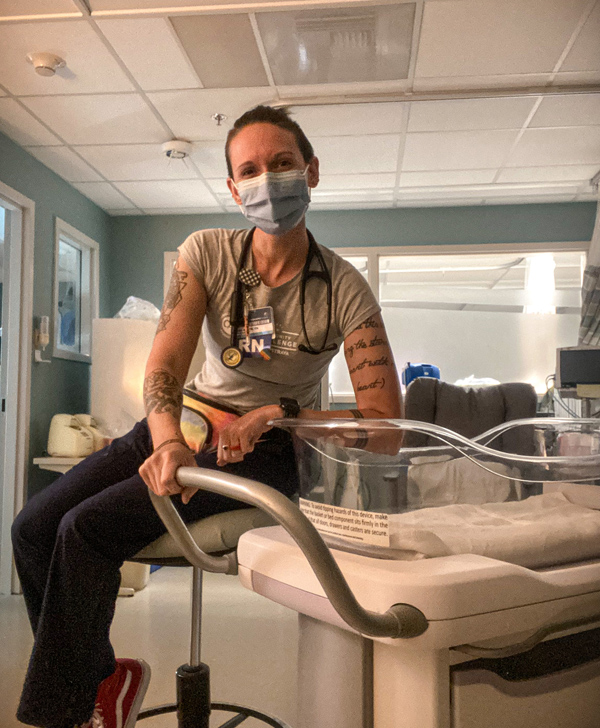
At that time, I was still completely mobile. I used a cane sometimes on my bad days, but I always hid it from my job. I was doing pretty well until I was 26 when I started using a wheelchair full-time. I had become a huge fall risk; all the cartilage inside my hips, knees and ankles was completely destroyed from the repeated dislocations.
At that time, I had already worked for 5 years as an ER nurse. Then, I wanted to become a flight nurse (work on a helicopter!) I was trying to figure out how I could do it while dealing with being a full-time wheelchair user, so I took a position as a Case Manager (which is a position similar to a Social Worker), and I did that for about 3 years until COVID hit. It was until that moment that I realized that I was extremely frustrated and wanted to get back to helping people directly. Still, I was unsure how much I could do with my wheelchair.
I started again as a nursing assistant, realizing I could do much more than I initially thought. So, I applied to some bedside jobs and almost immediately started working as a post-partum nurse, and I loved it! Working bedside and helping the patients was highly gratifying! Around that time, my girlfriend and I decided to move to San Diego, California.
Once I arrived in San Diego, the only nursing job I could get while waiting for my nursing license to be transferred to California was as an elementary school nurse. I loved it. It was amazing! Unfortunately, it did not pay very well, so I saw it as a temporary position.
I recently started at a hospital as a Case Manager; it has been challenging but amazing! I am so happy to be able to get back to work at the hospital!
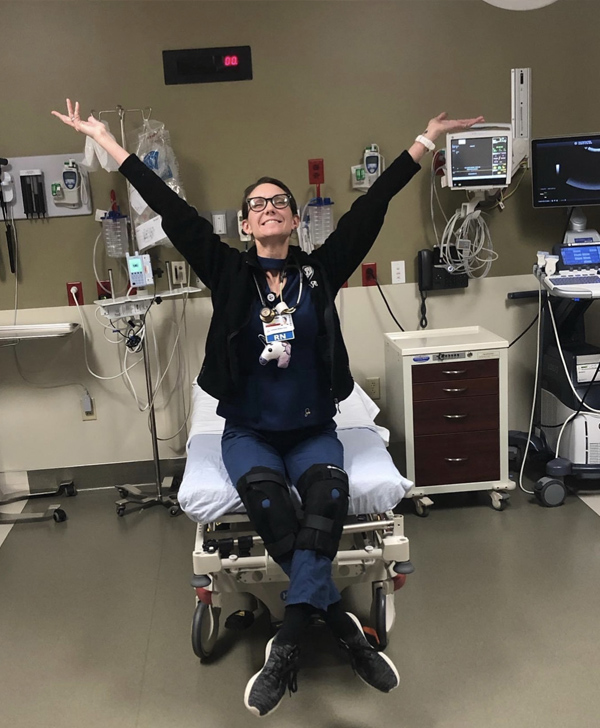
MC: What does a regular day as a nurse look like for you?
RM: Let me tell you about my last job as an elementary school nurse. I would LOVE to share my experience because there was never a dull moment. Many nurses and people who don’t work in healthcare think being a school nurse is just band-aids and ice. It totally is not. These kids kept me on my toes every day I came in.
This was the first job where my abilities were not questioned simply because I was in a wheelchair. It did not matter what kid came through my door; the first time they laid eyes on me, they’d ask me, “Why are you in a wheelchair?” I told them I was born with a disability that makes my legs weaker than theirs and that I needed this chair to make me the fastest nurse around. They’d laugh, and that’s it! End of story. They never asked me again unless I changed a color on my wheelchair or something.
It was refreshing to know that these kids didn’t care if your legs didn’t work quite right. They just wanted someone to take care of them. They needed someone who knew what to do in an emergency; they didn’t care what you looked like, your hair color, or who you were dating. They need care and love. It really reminded me of why I started in healthcare in the first place.
I was also happy to be able to use my experience of what it was like to grow up with a disability. What it is like to be constantly in the ERs. I can use that knowledge of how scary those situations can be to calm them down and make me a better nurse.
MC: Have you ever had people question your capabilities as a nurse because you are in a wheelchair? What would you say to the people that have doubted you?
RM: To paint a picture of how it is, when I was a Case Manager (my first job in a wheelchair), I needed to see every single patient on my floor in the hospital assigned to me. I assessed them for how they lived at home, if they needed any medical equipment, if they needed to go to a nursing home, or if they needed a wheelchair. I would be the one to make these decisions and work with their doctor to get them whatever they needed. This means I am rolling into every single room in the hospital, one after another and back again.
Most of the responses I would get from the more rural elderly population were them saying to me, "Child, you look like you need this bed more than I do," or they would get very concerned that there was something wrong with me that day. Luckily in that role, I didn't have too many people push back or not want me to care for them.
When I was working bedside as a post-partum nurse, there were a couple of times when if the parents didn’t know me or they had no experience with disabilities whatsoever, they would be afraid at first to let me hold the baby, which is difficult since that was a huge part of my job. It would be pretty funny because they would see me caring for the other children in the nursery, or the other nurses would come to me because I was the Charge Nurse in charge of all of them. Then the parents would realize that it was okay.
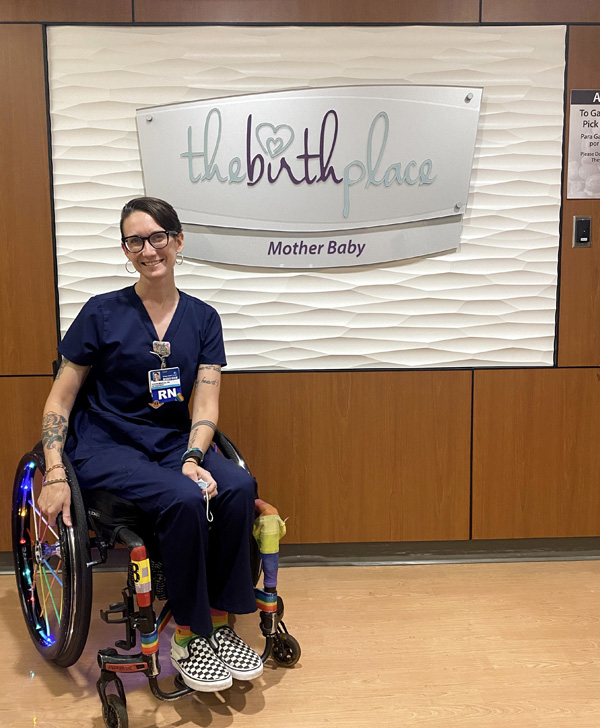
I've learned little tricks along the way to ease people into understanding me and how I work. My patients are awake and alert and talking to me, so I will often be the one to address the elephant in the room. I have patients who have found me on the Internet and told me how much comfort that gave them precisely because they knew that I knew what it was like to be in their shoes and to be in that bed and be a patient. So, I think that this makes me a better nurse! I educate them about what my disability is, what it causes and why it makes me a good nurse. From there, I have never been questioned again.
MC: How does your APEX C help you get through your workday?
RM Because of my disability, I can’t lift heavy things without dislocating my shoulders, so the transfers in the past were almost impossible to perform. I had that problem with all the other wheelchairs I had in the past, but now it is no longer a problem! My Apex Carbon is the lightest chair I have found.
I am a crazy independent kind of girl, so I need to be able to move around without having to worry about my wheelchair causing any inconveniences to my freedom. The Apex C allows me to do what I want without worrying about it!
Finally, the Apex C is perfect for me not just for its lightweight but also because of its size and fit. It is the ideal wheelchair for anyone that works in healthcare since it allows me to easily fit into hospital rooms; even if it’s not necessarily a wheelchair-accessible room, I still fit!
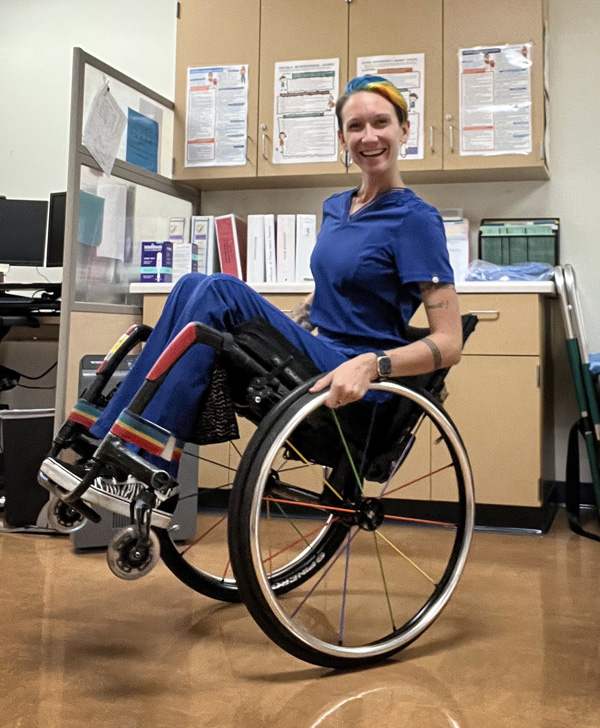
MC: What would you recommend to other wheelchair users that are interested in pursuing a career in nursing or healthcare?
RM: I would encourage you to always keep in mind why you decided that THIS is what you want to do because it will not be an easy journey. If you aren’t 100% sure that this is something you want to do, it’s easy to get beaten down and told: “No, you can’t do this because we’ve never seen anything like it before.” You need to figure out how to fit your disability into your career.
Just because people may not have experienced this before does not mean that it does not exist. You are bringing your life experience of living with a disability. This experience brings something to your patients that you can’t even imagine. Using my experiences to get them the help and care they need has been life-changing. No matter how difficult and tough, it’s been absolutely worth it! I wouldn’t change it for the world.
We want to thank Ryann for sharing with us her life journey and how her work has impacted the lives of thousands of people (either through social media or her work as a nurse!) Follow Ryann on Facebook and Instagram to keep learning more about her life. Don’t be afraid to contact her if you want to start a healthcare career. Yes, it may be difficult, but not impossible!




